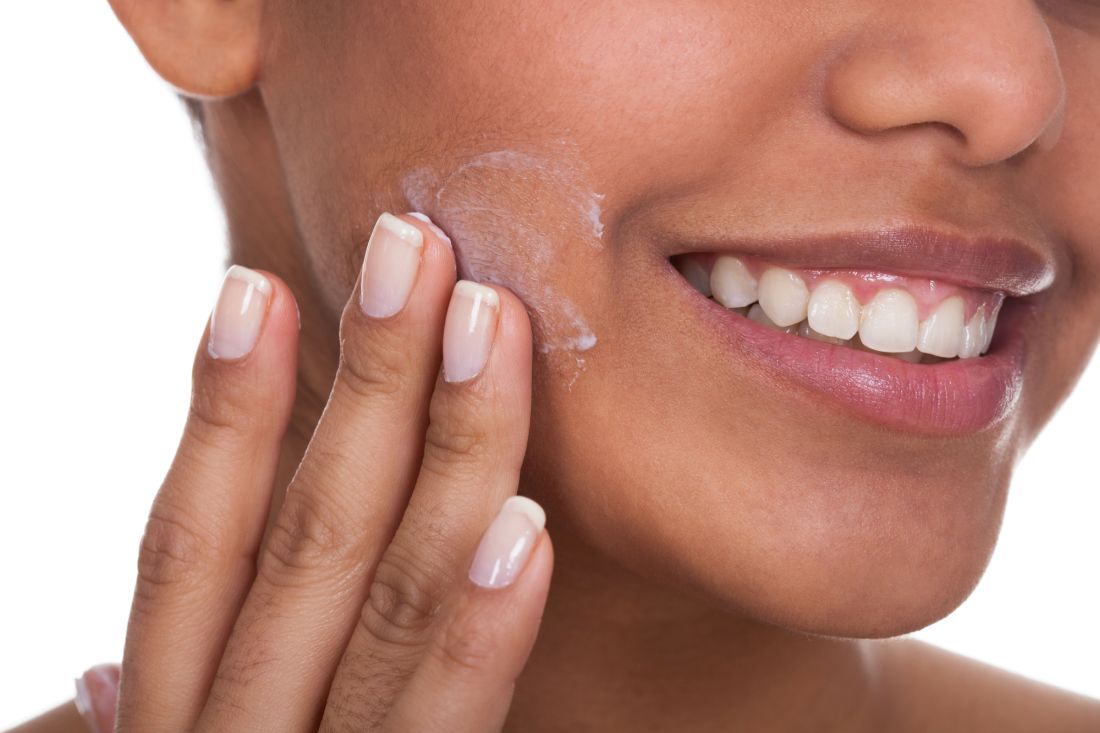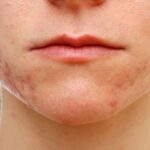Hydro Facial VS Chemical Peels, what’s the difference?
When it comes to skin treatments there are so many different options available that it can be hard to know which one is right for you. Two common treatments that often get compared are hydro facials and chemical peels. Although both treatments have some similarities, they are actually quite different. In this post we’ll explore the differences between hydro facials and chemical peels to help you decide which one may be right for you.
What is a chemical peel and how does it work?
A chemical peel is a treatment in which a chemical solution is applied to the skin to exfoliate and remove the top layer of dead skin cells. This process helps to improve skin texture and tone, reduce fine lines and wrinkles and unclog pores. Chemical peels can range from gentle to deep depending on the type of chemical solution used.
What does a chemical peel do to your skin?
A chemical peel removes the top layer of the skin and reveals the new, fresh layer underneath. This new layer is typically smoother and more radiant, with fewer fine lines and wrinkles. Chemical peels can also help to reduce the appearance of sun damage and improve skin texture and tone.
How does a deep chemical peel differ from other types?
Deep chemical peels penetrate deeper into the skin, removing more layers and causing a more significant exfoliation. These peels are typically used to address more severe skin issues such as deep wrinkles or acne scarring. However, they also require a longer recovery time and can be more painful than other types of chemical peels.
Who should avoid chemical peels and why?
Chemical peels may not be suitable for those with sensitive skin as they can cause irritation and redness. Those who have had recent plastic surgery or are using certain medications may also need to avoid chemical peels as they can cause complications. It is best to consult with a dermatologist or aesthetician to determine if a chemical peel is right for you.
How does a hydrafacial /hydro facial treatment differ from a chemical peel?
A hydrafacial treatment (also know as a hydrofacial or hydro facial) is a non-invasive facial treatment that uses a medical-grade device to exfoliate and hydrate the skin. Unlike a chemical peel, which removes the top layer of the skin, a hydrafacial cleanses and extracts impurities from the pores while simultaneously infusing hydrating serum into the skin.
What makes a hydrafacial treatment unique?
One of the unique features of a hydrafacial treatment is that it uses a suction device to clean out pores and remove impurities from the skin. The treatment is also customizable, with different serums available to address different skin concerns like acne or fine lines and wrinkles.
How does a hydrafacial work?
A hydrafacial treatment begins with a thorough cleansing of the skin. The device is then used to exfoliate and extract impurities from the pores. A hydrating serum is then infused into the skin to provide nourishment and rejuvenation. The treatment is painless and typically takes around 30 minutes to complete.
Which is better for sun damage, a hydrafacial or a chemical peel?
Both hydrafacials and chemical peels can be effective for treating sun damage, but their methods are different. Chemical peels can help to remove damaged skin cells and reveal a fresher, more even skin tone. Hydrafacials, on the other hand, use hydrating serums to nourish the skin and promote healing from within. Ultimately, the best treatment for sun damage will depend on the individual and their specific needs.
Which is better for acne, a hydrafacial or chemical peel?
What types of acne can be treated with a chemical peel?
Chemical peels can be effective for treating a range of acne types, including blackheads, whiteheads, and cystic acne. The exfoliation and removal of dead skin cells can help to unclog pores and reduce the appearance of acne.
What types of acne can be treated with a hydrafacial?
Hydrafacials can also be effective for treating acne, particularly mild to moderate cases. The treatment can help to clean out pores and remove impurities, while the infusion of hydrating serums can promote healing and prevent future breakouts.
What are the benefits of combining a chemical peel and hydrafacial?
Combining a chemical peel and hydrafacial can provide even more benefits than either treatment alone. The exfoliation and pore-cleansing of the hydrafacial can prepare the skin for a chemical peel, while the hydrating serums of the hydrafacial can help to soothe and nourish the skin after the peel. This combination treatment can provide more complete rejuvenation and healthier skin.
*Information in this article is not medical advice and may not be factually accurate. It is intended for entertainment purposes only. Consult with a physician before attempting any tips in this blog post and to get the most up to date factual data about any procedure or treatment.














